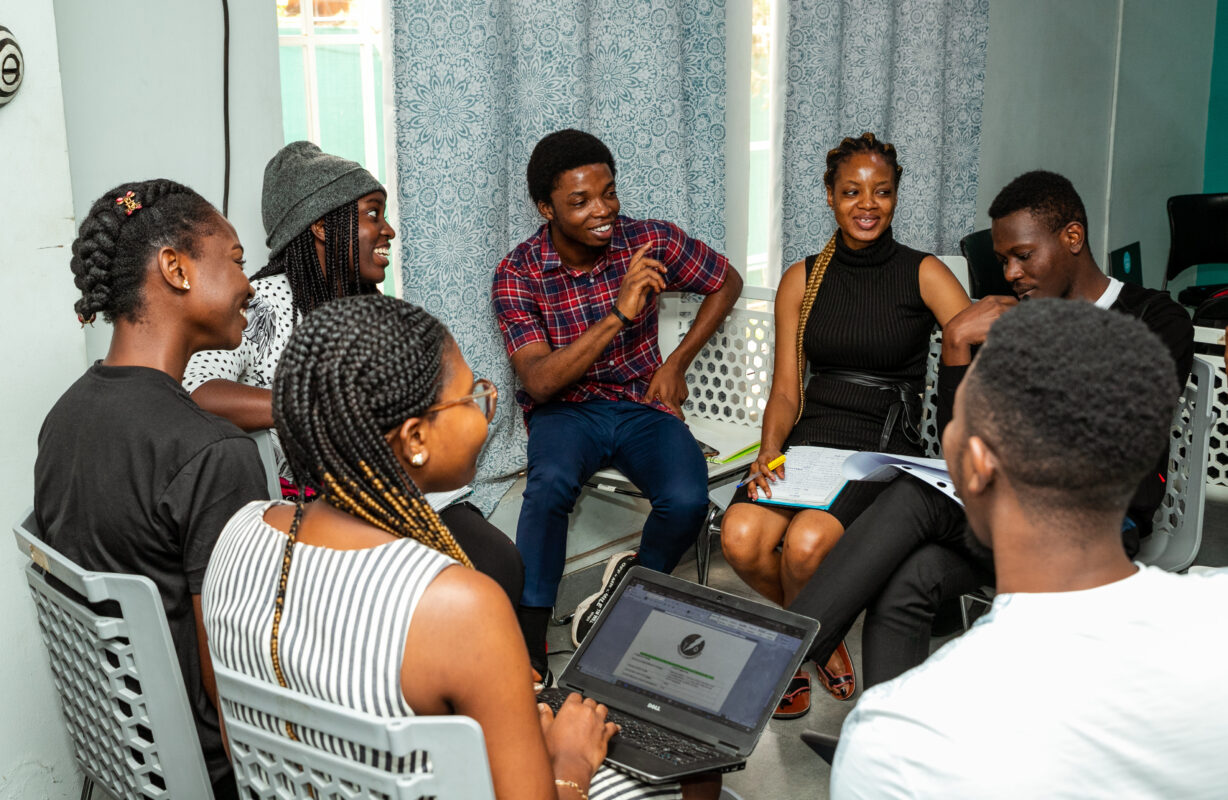The fourth work week of the UNICEF StartUp Lab program was an intensive four days of hard work and learning. As the StartUp Lab founders converged at the MEST incubator once again, they were joined by the Entrepreneurs-in-Training (EITs) at MEST Africa for the start of a week-long collaborative learning and development workshop. This collaboration between the UNICEF StartUp Lab Cohort 3 and the Entrepreneurs-in-Training is the first of its kind. The two groups came together to exchange knowledge, work jointly to tackle one of the most crucial topics for startups i.e. Unit Economics, and benefit from each other’s experience as young entrepreneurs looking to make an impact.
The work week was jam-packed with intriguing and participatory events, such as case study deep dives and research presentations by the founders. They researched the revenue and costs associated with each unit of their business as well as the scalability and sustainability of their business model. These activities allowed the participants to gain a better understanding of the concepts being taught as they had the opportunity to apply their learnings from the training to real-world scenarios.
Focused on Unit Economics, several of the modules were taught by Femi Adewumi, MEST Africa’s Director of Programs. Covering a range of financial and operational areas of knowledge crucial to startup development, each module was designed to provide participants with a comprehensive overview of the essential tools and methods used in quantifying the value of a business. During one of these sessions, participants were given an interesting challenge: a case study on South African retailer Pick ‘n Pay that focused on understanding the finance and accounting processes used by the company. From the report, they were asked to draw five key insights for the CEO, CFO, and Chairman of the company. To complete the task, they had to analyse the company’s financial statements, study the company’s annual reports, and research the company’s history and current operations. Through this activity, participants learned about the accounting process, financial statements (balance sheet, profit and loss statements), forecasting, bookkeeping practices and techniques, and cash flow management. Femi Adewumi stressed the importance of using financial data to help companies identify trends, areas for improvement, and opportunities for growth in order for business leaders to make informed decisions about their financial plans and investments.
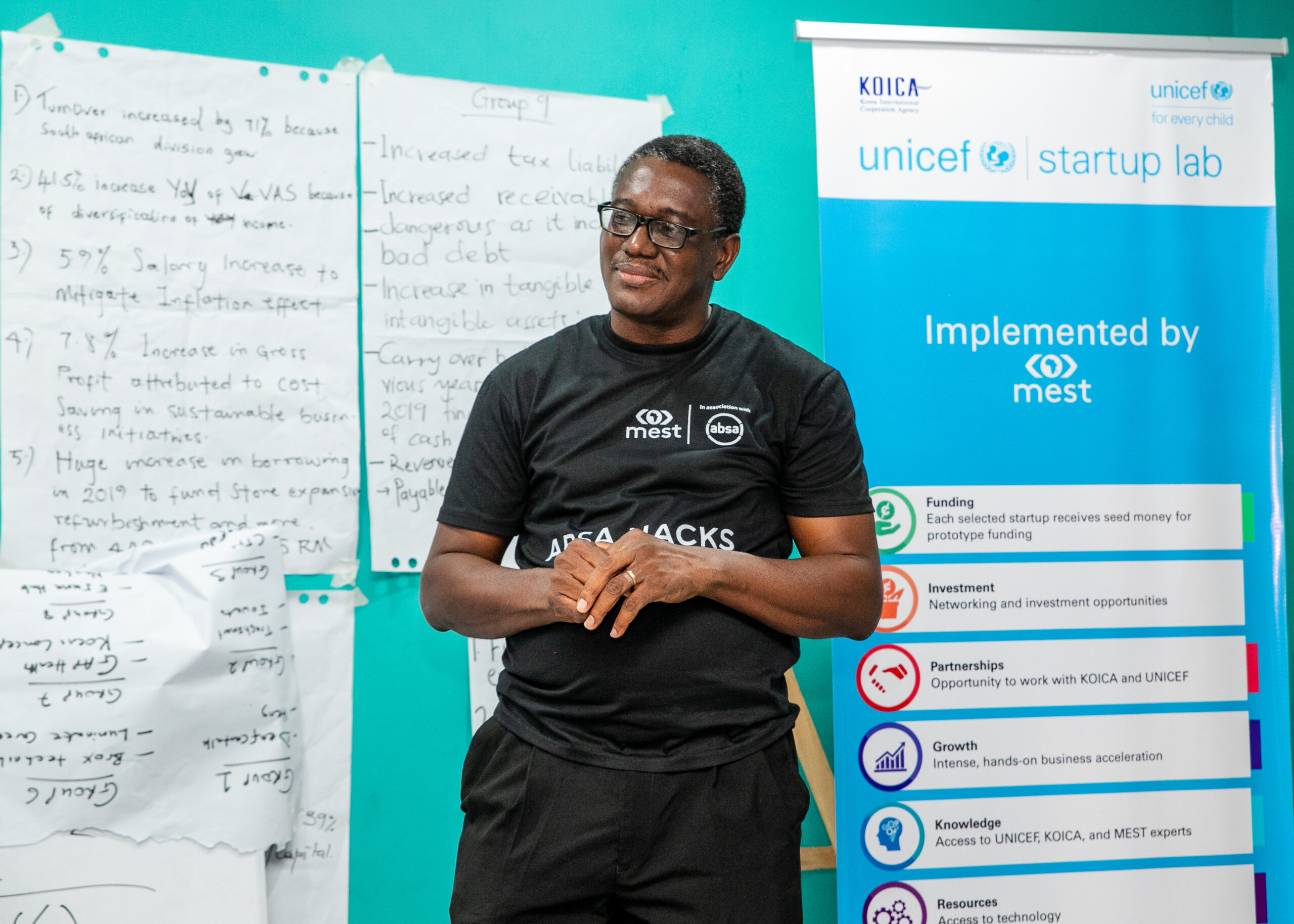 Femi Adewumi, Director of Programs at MEST Africa, leading a united economics workshop
Femi Adewumi, Director of Programs at MEST Africa, leading a united economics workshop
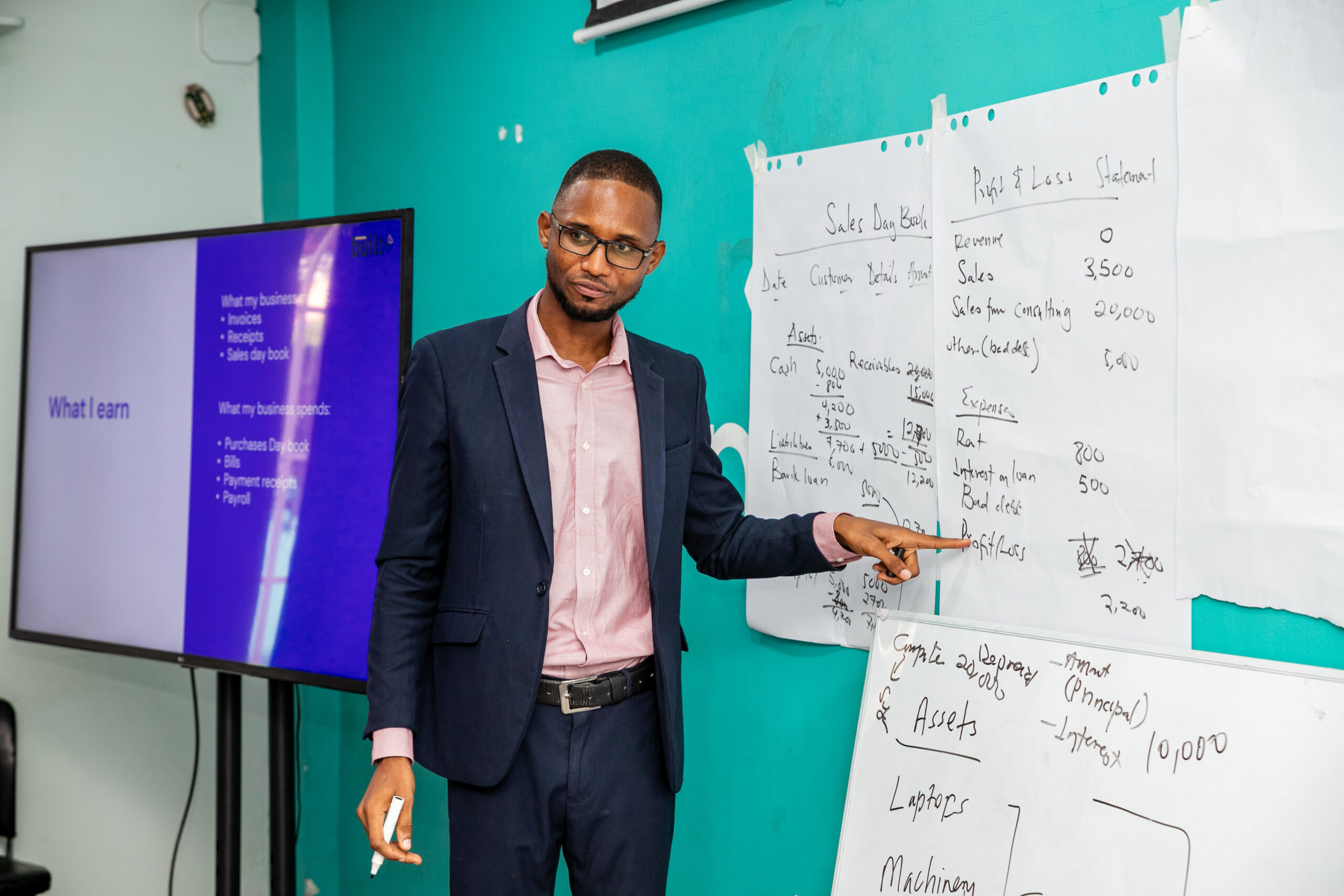 Edward Meequaye, co-founder of Built Accounting
Edward Meequaye, co-founder of Built Accounting
Edward Neequaye, co-founder of Built Accounting, an accounting software company, facilitated a session where he demonstrated how the solution can be used to make the bookkeeping process more efficient and accurate. From setting up their accounts to tracking their finances, he walked participants through each step of the process to ensure that everyone would be able to leverage the capabilities of the software for their startups.
“Investors will examine your company’s history, recorded via your bookkeeping operations. In order to gain a clear picture of how your firm has done in the past and to better understand how it could perform in the future, they will analyse the financial records. By supplying them with accurate information, investors can analyse your company’s potential and make wise judgements, resulting in profitable investments. Your bookkeeping has to be accurate and current in order to be effective,” he remarked.
“Numerous considerations should be made while choosing accounting software for your company. The most crucial factor is your financial capacity. You must ensure that the software you select is within your budget and will not place an undue financial burden on your business. Furthermore, think about your unique requirements and how the software will satisfy them. The technical implementation of the software, including how difficult it would be to install and use and the quality of technical support offered, must also be taken into account.“
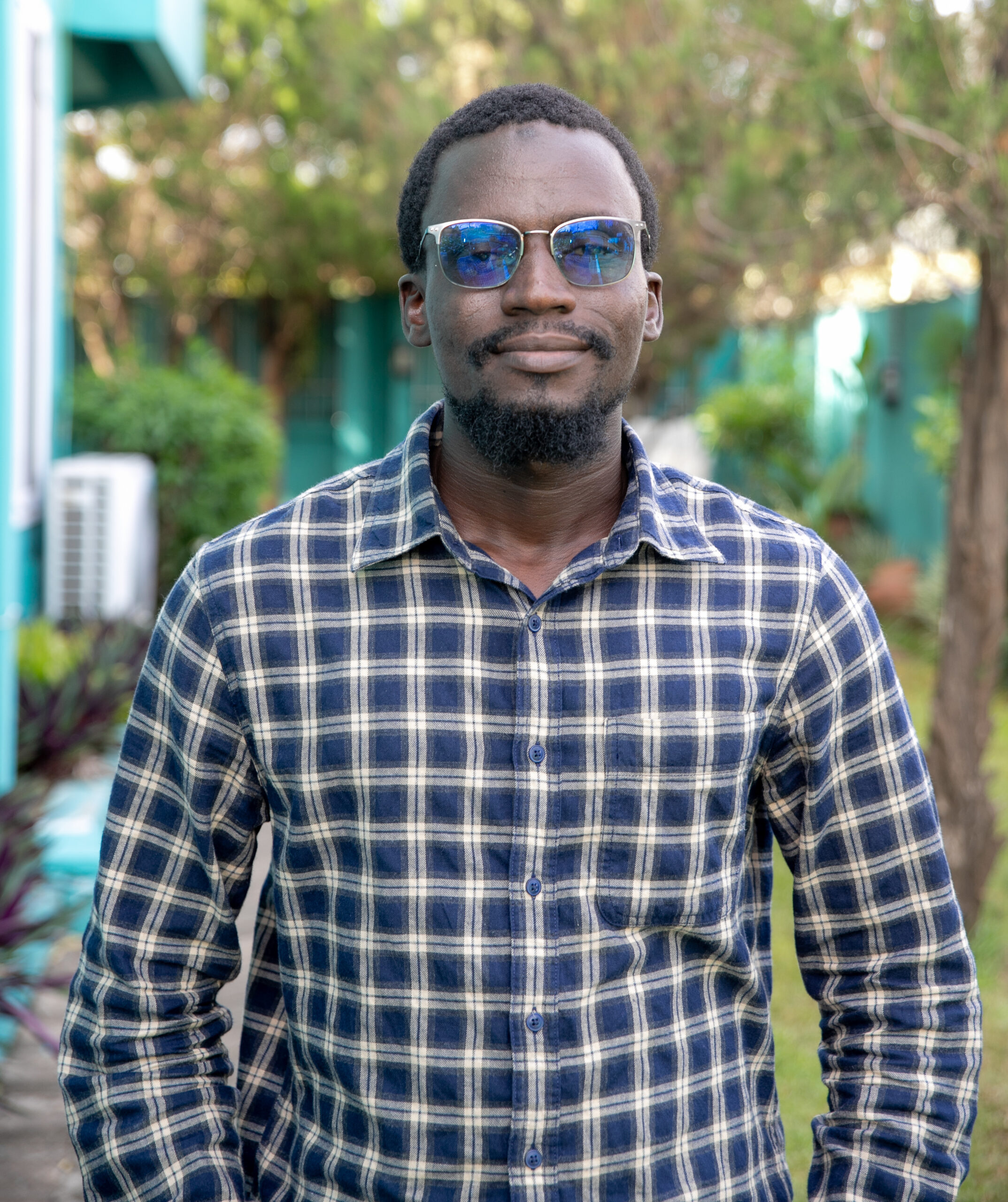 Hamza Osman, co-founder of Ejuma Hub
Hamza Osman, co-founder of Ejuma Hub
Hamza Osman, co-founder of Ejuma Hub, a participating venture in the UNICEF StartUp Lab, appreciated the opportunity to work with the Entrepreneurs-in-Training (EITs) at MEST. He was impressed by the level of enthusiasm and passion displayed by the EITs and was truly inspired by the quality of their ideas. He believes that the collaboration was mutually beneficial, as the Entrepreneurs-in-Training had the unique opportunity to learn from the UNICEF StartUp Lab participants who have real world experience in the startup landscape. They were able to gain insight into how to leverage partnerships to increase revenue, the importance of building strong user acquisition and retention strategies, and, as a founder, the importance of understanding all operational aspects of your business. These lessons will serve as invaluable knowledge for the EITs as they aspire to start their own businesses.
“I observed that we in the UNICEF StartUp Lab approached ideas and the presentation of assignments in a distinctive way, emphasising more the practical than the theoretical elements. This was in sharp contrast to the Entrepreneurs-in-Training, who were more inquisitive and applied more logic. However, the diverse approaches to collaborative learning made the experience at work week 4 memorable for us all,” said Hamza.
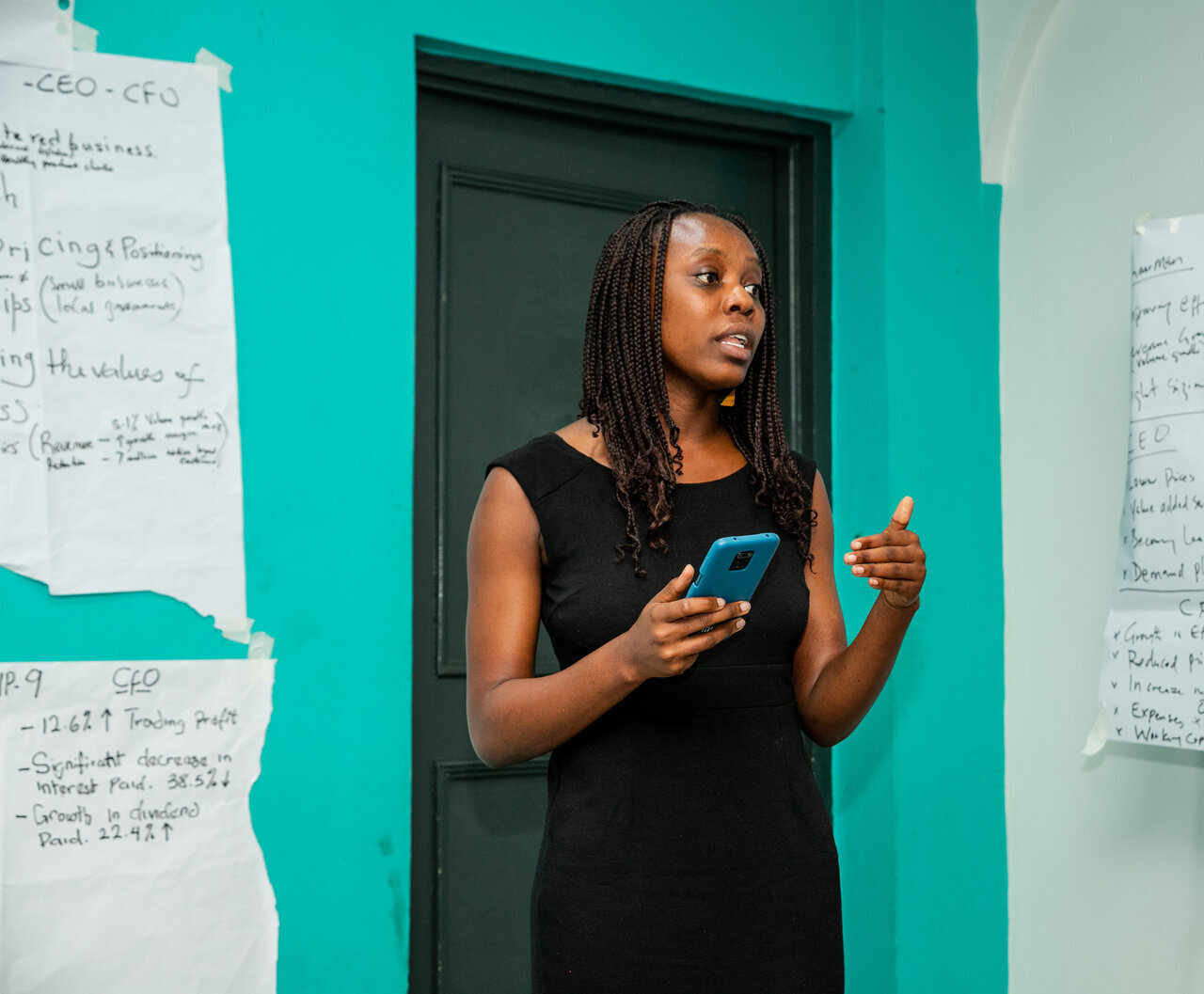 Jentrix Wanyama, an Entrepreneur-In-Training at MEST Class 2023
Jentrix Wanyama, an Entrepreneur-In-Training at MEST Class 2023
Jentrix Wanyama, an Entrepreneur-in-Training at MEST, had this to say about collaborative learning with the UNICEF StartUp Lab Cohort during work week 4:
“This week’s Unit Economics session with the UNICEF StartUp Lab Cohort was both invigorating and eye-opening for me. The focus was on finance and business, which are critical for startups.
The sessions provided were practical and well-structured which enabled me to end the week with a new wealth of knowledge. It has been an incredible privilege to be able to learn about the businesses the UNICEF StartUp Lab Cohort founders have created as well as the positive changes they are already making in their communities. I am truly inspired by their stories, and it has been an invaluable experience to witness their hard work and dedication firsthand. It has been incredibly motivating to see their success, and I am grateful for the chance to have heard their stories and gained insight into what it takes to make a difference in the world.”
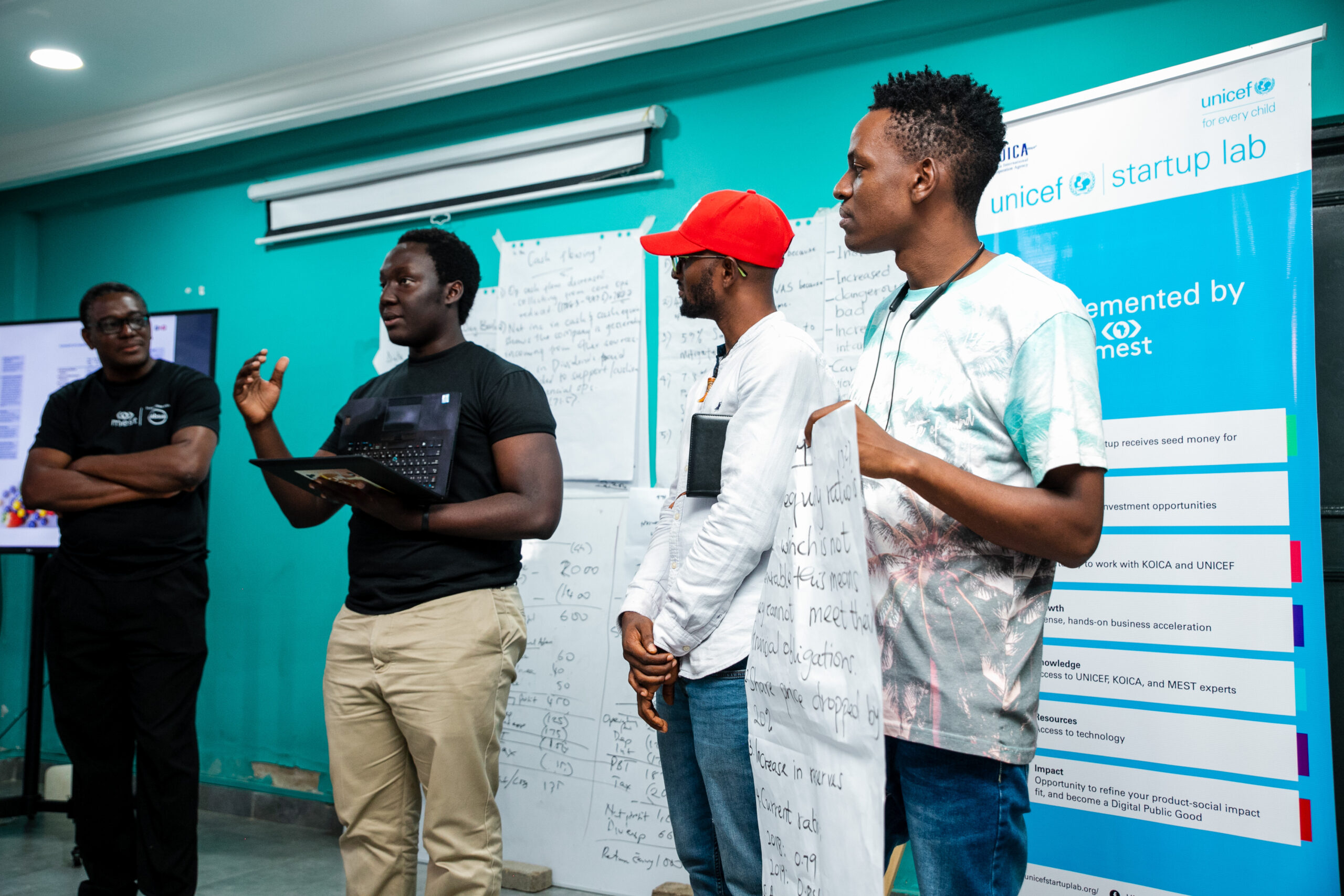
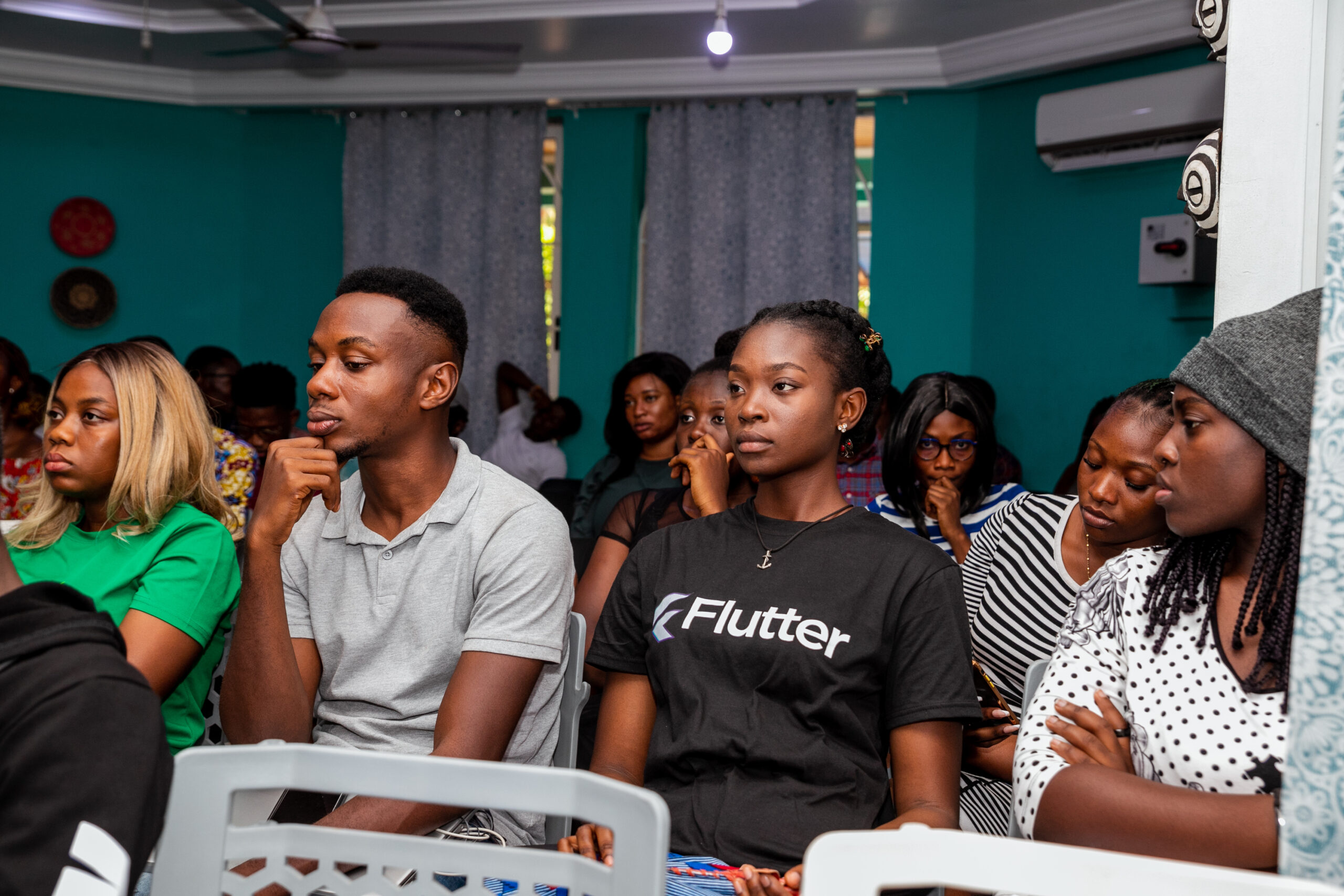 Participants during a Work Week 4 workshop
Participants during a Work Week 4 workshop
The UNICEF StartUp Lab participants are eagerly anticipating the upcoming work week in-person training, which will be focused on business communication. The training sessions will equip them with the information and resources they need to develop successful communication methods, allowing them to become more effective communicators in their professional lives.
Written by Ilyich Tetteh Tagoe & Funke Makinwa

